Science Ticker
A roundup of research and breaking news
Sign up for our newsletter
We summarize the week's scientific breakthroughs every Thursday.
-
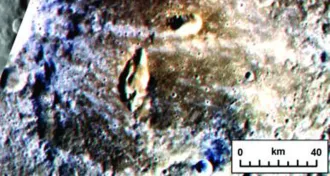 Planetary Science
Planetary ScienceMercury’s surface once exploded in volcanoes
Newly released images show ancient vents and ash scattered within craters on Mercury's surface.
-
 Quantum Physics
Quantum PhysicsU.S. marches to tick of new clock
The atomic clock NIST-F2 has launched as the country’s official civilian time and frequency standard.
-
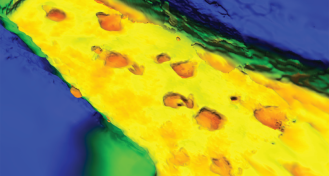 Paleontology
PaleontologyFootprints of dino chase digitally reconstructed
Footprints of a T. rex-type dinosaur chasing an Apatosaurus-like animal have been turned into a 3-D fly-through, giving researchers a way to verify maps of the tracks drawn 70 years ago. (includes video)
-
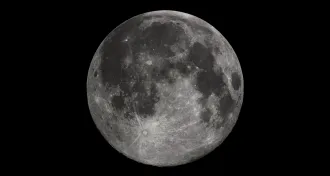 Planetary Science
Planetary ScienceMoon gets younger age estimate
The moon may have formed about 95 million years after the birth of the solar system, up to 70 million years later than some scientists previously predicted.
-
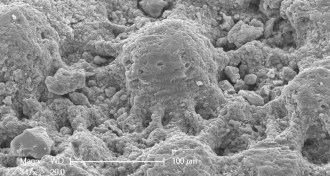 Paleontology
PaleontologySea stars sighted predators 79 million years ago
Sea stars may have evolved complex lenselike structures to detect and evade predators at least 79 million years ago.
-
 Climate
ClimateWorld unprepared for changing climate, IPCC says
The latest intergovernmental report says planetwide impacts continue.
-
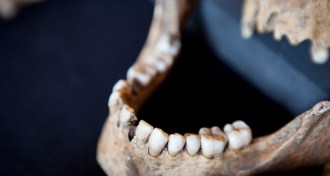 Archaeology
ArchaeologyBlack Death grave reveals secrets of 14th century life
Skeletons dug up by London Crossrail excavations are giving scientists a more detailed look at the bubonic plague, or Black Death, of the 1300s.
-
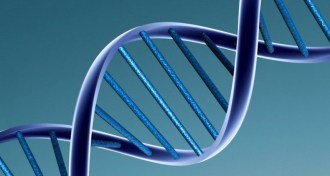 Genetics
GeneticsGene editing reverses liver disorder in mice
By editing a mouse's genes with bacterial proteins, scientists have reversed a rare liver disorder in the animal.
-
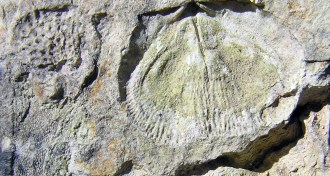 Paleontology
PaleontologyMicrobes indicted in ancient mass extinction
About 252 million years ago an estimated 96 percent of all species were wiped from Earth, and now scientists have a new suspect in the killing — methane-belching microbes.
-
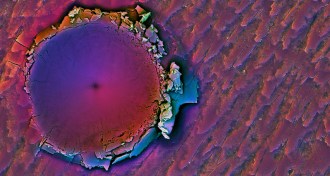 Materials Science
Materials ScienceOyster shells could inspire improved armor
Making tiny indentations in windowpane oyster shells has revealed some processes that could inspire better armor.
-
 Health & Medicine
Health & MedicineBile acids may play lead role in weight-loss surgery
Having more gastric juices swirling around a smaller space and a change in the gut microbiome may be what helps with weight loss after stomach-shrinking surgery.
-
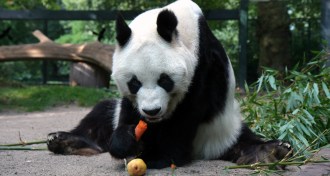 Animals
AnimalsGiant pandas like sweets, but prefer the natural ones
Despite sustaining themselves on bamboo, which isn't very sweet, giant pandas will indulge in a bit of sugar, if they can.